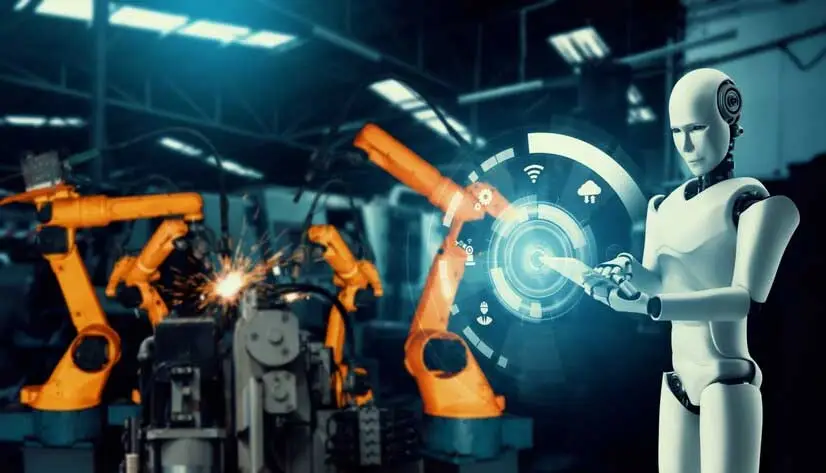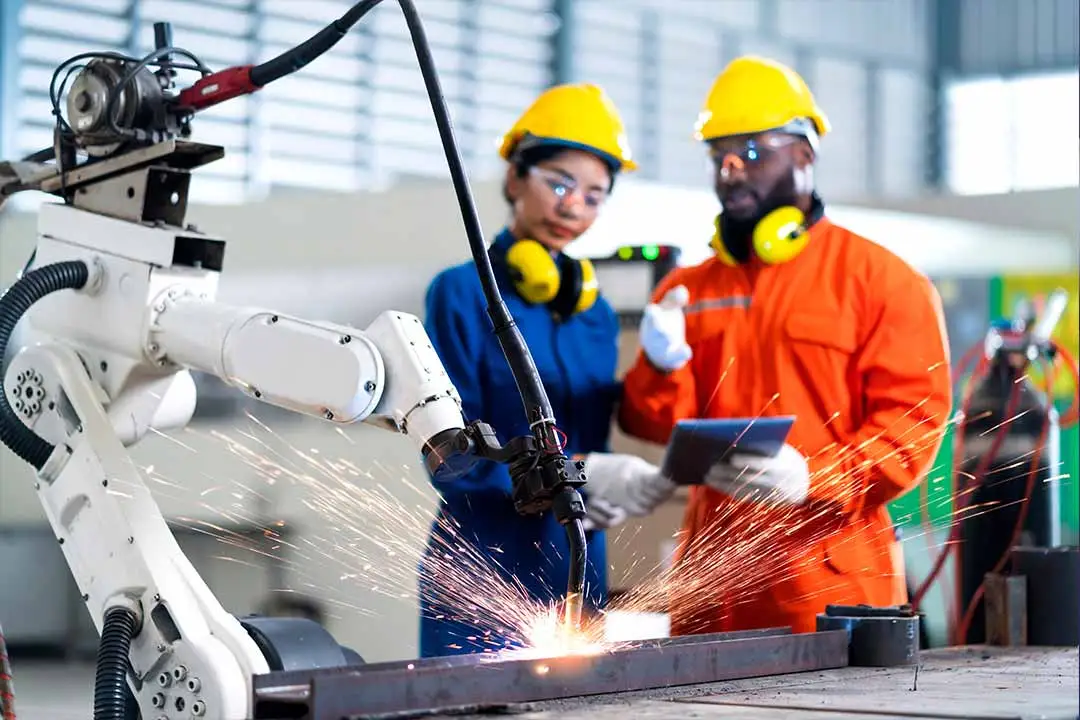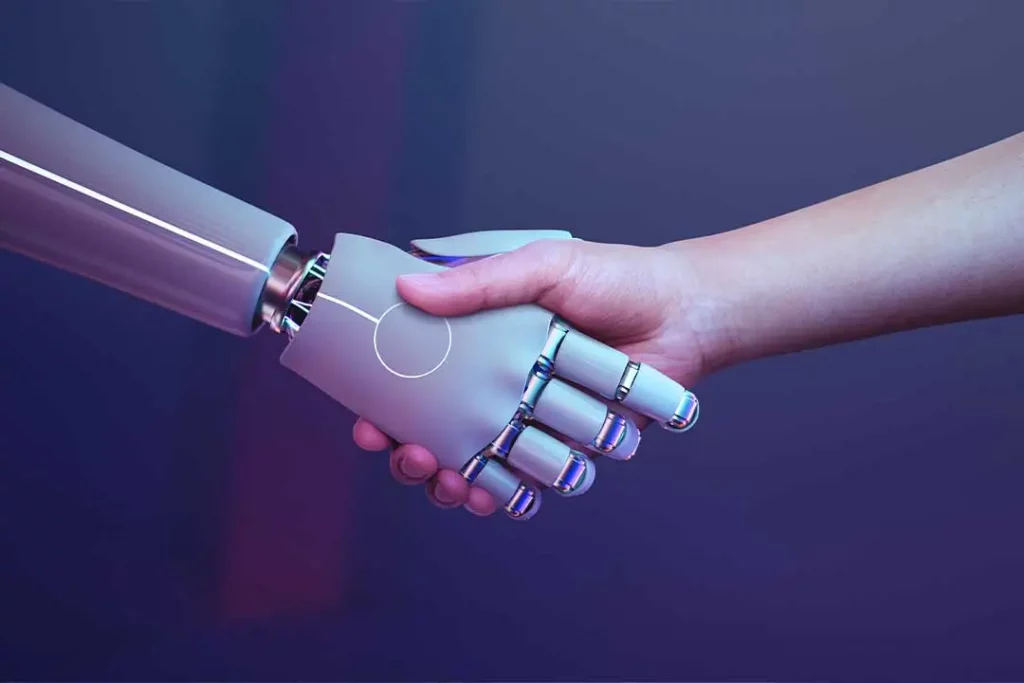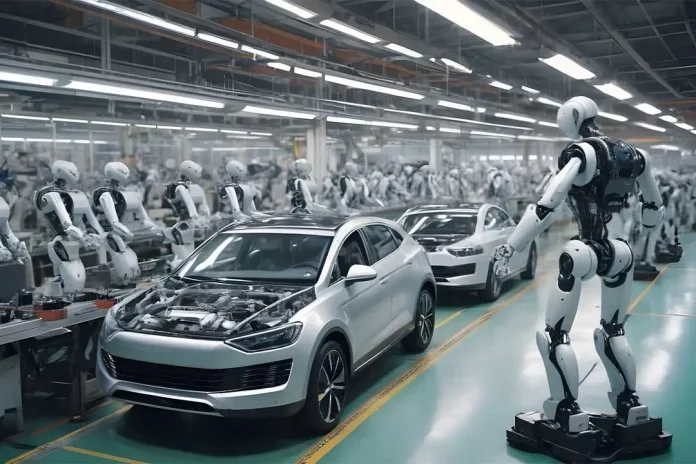Explore how Artificial Intelligence (AI) is reforming the manufacturing landscape with data-powered decision-making functions, adaptive manufacturing systems, and robots. Know how this technology aids manufacturers to advance their manufacturing operations and boost productivity.
AI’s Role in Manufacturing Industry
The general practice of involving AI technology in the manufacturing industry has shown that it is error-free since it is equipped with pre-programmed hands that have zero grounds to make mistakes. By using a huge quantity of data from old manufacturing processes, it is possible to manufacture similar products. AI is capable of solving problems and providing a wide range of opportunities to manufacturers at present as well as those who plan on new ventures in the days to come. The data improves AI algorithms and also validates them to get information. It also shows possible chances for more optimization of the considered process.

A few decades ago, manufacturing efficiency was controlled by intuition and experience. Nevertheless, now, AI inspires manufacturers to control massive amounts of data to sense errors and successively expect potential problems. Accordingly, it results in error-free workflows, minimum downtime, and improvement in viability.
AI’s Ability to Enable Flexible Manufacturing
The old linear production processes of the previous century are offering great opportunities to AI-managed systems, such as Matrix production. In this high-tech setup, things like customized cars go across factories on pods, where these pods are customized to control the manufacturing process. This method results in increased agility and fulfills the customer’s desire for customized products that suit their daily requirements.
Robotics in Manufacturing
The future of robotics is more powerfully interconnected with AI. As of now, the process of optimization of robots needs some time to allow specialized engineering expertise. Nevertheless, AI-driven robots are still progressing. These smart machines will learn as well as perfect their tasks automatically, continually making adjustments to elevate performance.

For a better understanding, you can imagine robots in automotive manufacturing plants deployed for welding car accessories. For that, you need to analyze their actions against certain set parameters and make adjustments in operations to get the desired results. Note that human effort will always be vital, but, on the other hand, AI technology advancement will direct the tough tasks of optimization. So, it will free up engineers for certain higher-level tasks in the organization.
Using Machines and Human Capabilities
The discussion relating to the utilization of AI often primarily focuses on the use of robots that will replace human workers. Nonetheless, the actual story is based on collaboration. AI technology has become better at data enquiry and procedure optimization, while humans present their great creativity, problem-solving capability, and flexibility. Besides, manufacturing’s future depends on an effective collaboration between mankind and robots or smart machines. Within this collaboration, every component attends as the power of the other.
AI’s control removes the factory’s limitations. Usually, it is observed that AI-powered virtual items testing can improve the development procedure carefully. It is also essential to note that the AI-founded supply chain type optimization leads to modernized material flow and solves or reduces troubles.

A Plethora of Opportunities Await
Uniting AI into manufacturing procedures thoroughly provides multiple plus points, including a boost in efficiency, greater adaptability, and greater product quality. Through the consistent implementation of AI technology and related works, there are huge possibilities in this leading industry.
Read More:


